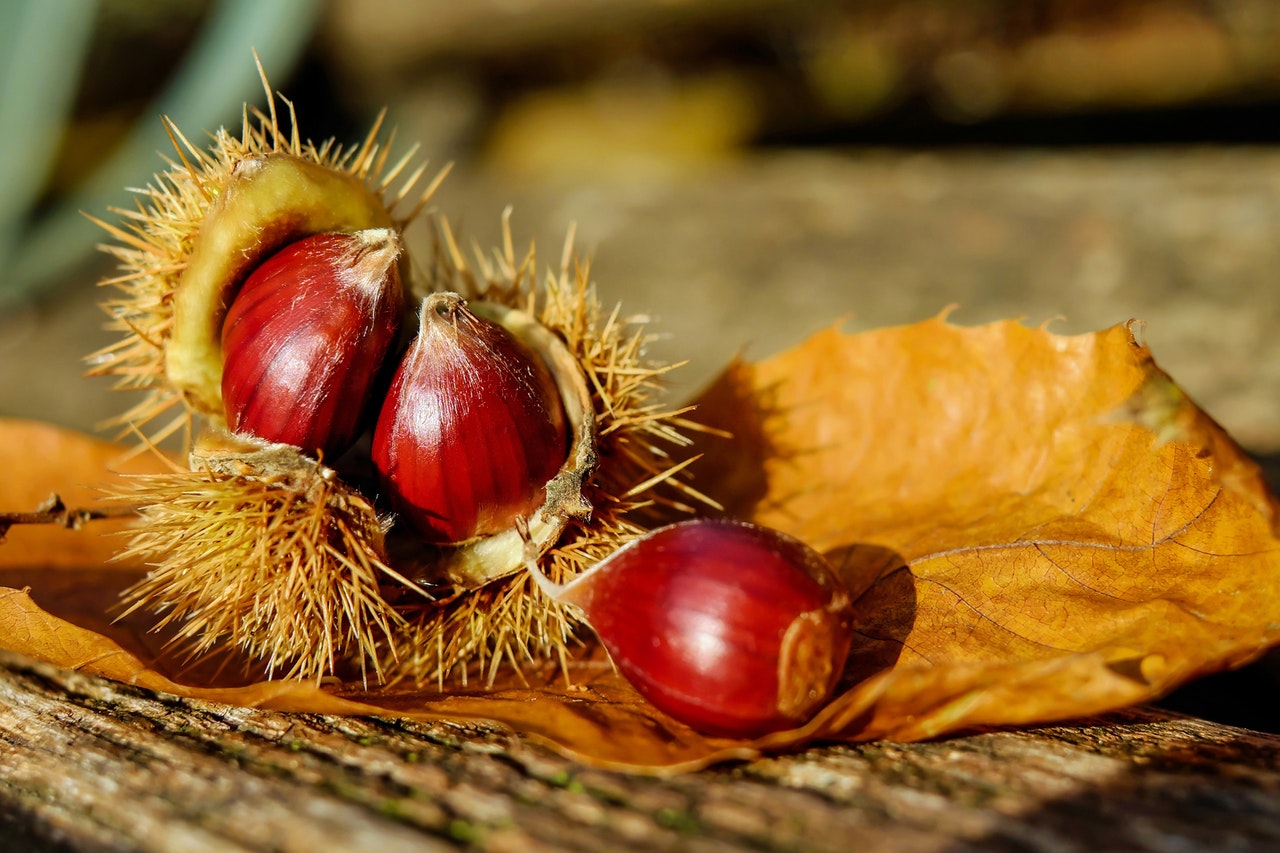Common Names: horse chestnut, buckeye, Spanish chestnut
Background
- Horse chestnut trees are native to the Balkan Peninsula (which includes such countries as Albania, Bulgaria, Greece, Romania, and Serbia), but are grown worldwide.
- Historically, horse chestnut seed extract was used for joint pain, bladder and gastrointestinal problems, fever, and leg cramps.
- Today, people use horse chestnut extract as a dietary supplement for chronic venous insufficiency (when the veins of the lower leg are unable to send blood back toward the heart), hemorrhoids, and swelling after surgery. Preparations made from the tree’s bark are applied to skin sores.
- Usable parts of the plant include the seed, bark, and leaf, but seed extracts are most common.
How Much Do We Know?
- There have been some studies in people on horse chestnut for chronic venous insufficiency but very little research has been done for other conditions.
What Have We Learned?
- A 2012 systematic review of 17 studies published between 1976 and 2002 suggested that horse chestnut seed extract can improve leg pain, swelling, and itching in people with chronic venous insufficiency when taken for a short time. Results from one of these studies suggested that horse chestnut seed extract may be as effective as wearing compression stockings.
- Preliminary evidence from one Chinese study suggested that escin, the main ingredient in horse chestnut, may help restore fertility in some men. However, since all the men in the study also received other supplements and drugs, it’s unclear whether the improvement was due to this compound alone or the combination approach.
What Do We Know About Safety?
- The unprocessed seeds, leaves, bark, and flowers of horse chestnut contain esculin, which is poisonous and may increase the risk of bleeding. (Escin, on the other hand, is a different compound and is considered to be safe.)
- Properly processing horse chestnut seed extract removes esculin. The processed extract is considered generally safe when used for short periods of time. However, the extract can cause some side effects, including itching, nausea, gastrointestinal upset, muscle spasm, or headache.
Keep in Mind
- Tell all your health care providers about any complementary or integrative health approaches you use. Give them a full picture of what you do to manage your health. This will help ensure coordinated and safe care.
For More Information
NCCIH Clearinghouse
The NCCIH Clearinghouse provides information on NCCIH and complementary and integrative health approaches, including publications and searches of Federal databases of scientific and medical literature. The Clearinghouse does not provide medical advice, treatment recommendations, or referrals to practitioners.
PubMed®
A service of the National Library of Medicine, PubMed® contains publication information and (in most cases) brief summaries of articles from scientific and medical journals. For guidance from NCCIH on using PubMed, see How To Find Information About Complementary Health Approaches on PubMed.
Office of Dietary Supplements (ODS), National Institutes of Health (NIH)
ODS seeks to strengthen knowledge and understanding of dietary supplements by evaluating scientific information, supporting research, sharing research results, and educating the public. Its resources include publications (such as Dietary Supplements: What You Need to Know), fact sheets on a variety of specific supplement ingredients and products (such as vitamin D and multivitamin/mineral supplements), and the PubMed Dietary Supplement Subset
Key References
- Aesculus hippocastanum (Horse chestnut). Alternative Medicine Review. 2009;14(3):278-283.
- Fang Y, Zhao L, Yan F, et al. Escin improves sperm quality in male patients with varicocele-associated infertility. Phytomedicine. 2010;17(3-4):192-196.
- Horse chestnut. Natural Medicines Web site. Accessed at naturalmedicines.therapeuticresearch.com/ on April 9, 2015. [Database subscription]
- Pittler MH, Ernst E. Horse chestnut seed extract for chronic venous insufficiency. Cochrane Database of Systematic Reviews. 2012;11:CD003230. Accessed at http://www.thecochranelibrary.com (link is external)on April 14, 2015.
This publication is not copyrighted and is in the public domain. Duplication is encouraged.
- Print this page
- Health Topics A–Z











+ There are no comments
Add yours